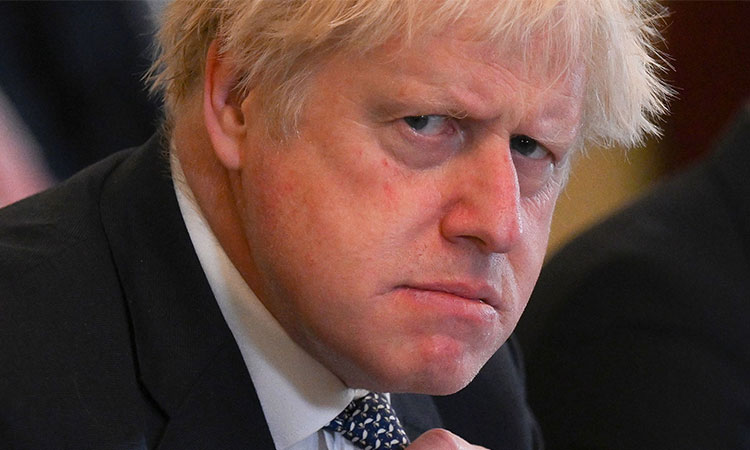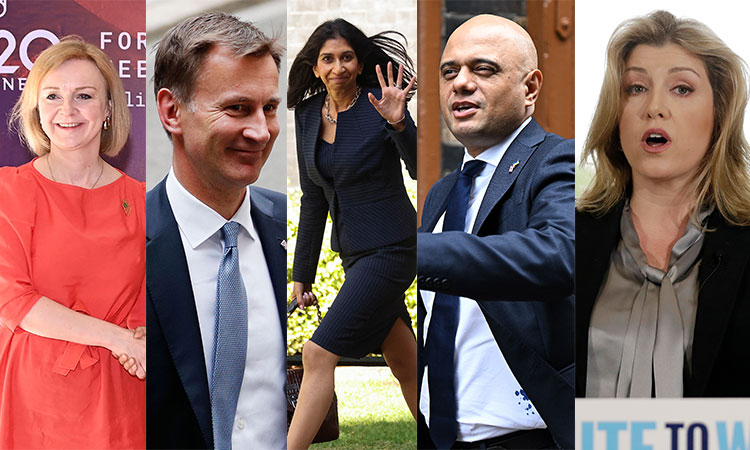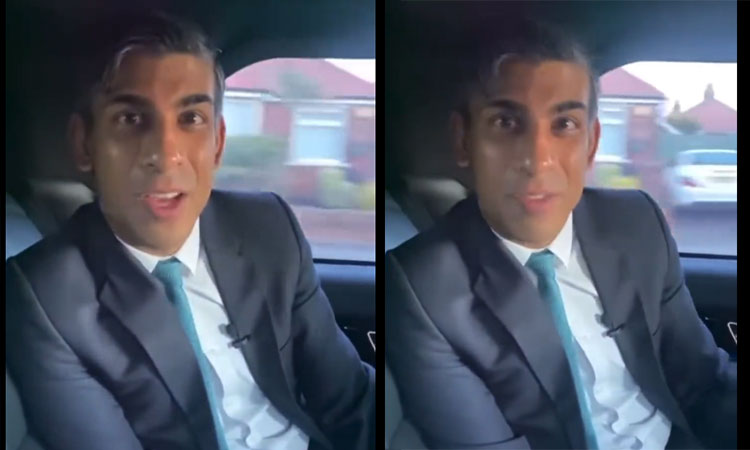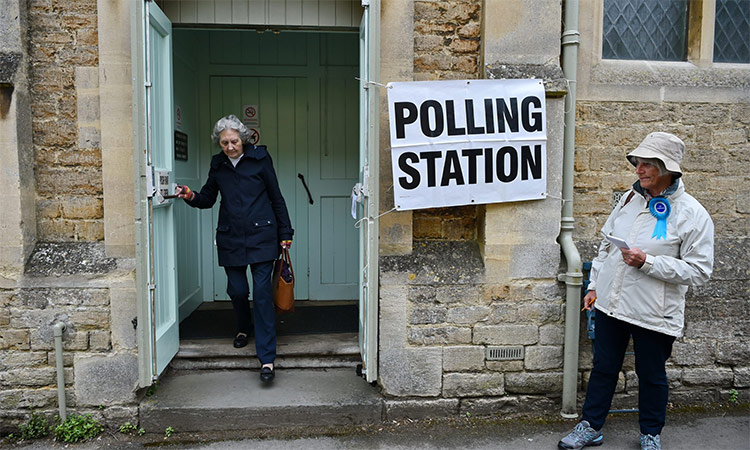The green problem that Labour still needs to tackle

John Rentoul
@JohnRentoulChief Political Commentator, The Independent; visiting professor, King's College, London.
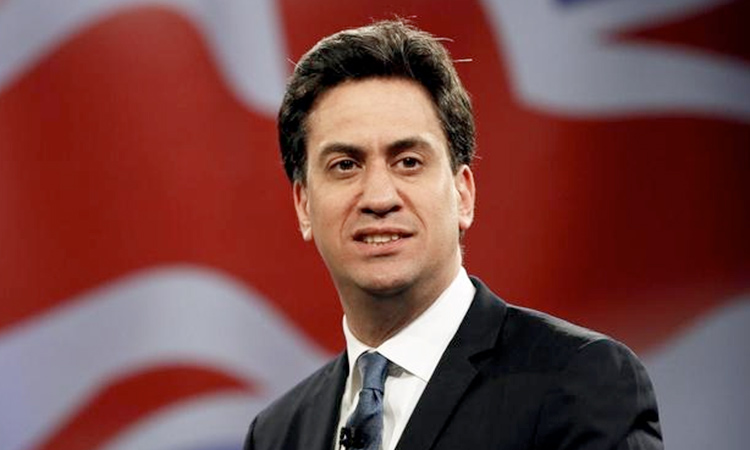
Ed Miliband
So it is not £28bn, and it could be nothing, if her debt rule won’t allow it. Yet the Tories put out press releases every day warning that Labour’s plan to borrow £28bn will push up inflation and interest rates, and ministers mention it in every other media appearance. Because £28bn a year is still, notionally, Labour’s plan. For someone who boasts that if he sees a problem he won’t walk around it, Keir Starmer has been on a year-long detour. Now Labour’s divisions on the issue are spilling into the open. Yesterday The Guardian reported that Pat McFadden, the shadow cabinet minister in charge of the election campaign, wants to scale back the commitment, “perhaps dramatically”. He is said to be supported by Morgan McSweeney, Starmer’s closest political adviser, and by Spencer Livermore, the Gordon Brown adviser now back as a shadow minister in the Lords. One insider is quoted as saying: “There will be a pivot in the new year, and the £28bn price tag as it exists now is unlikely to survive that.” But how can Rachel Reeves get rid of the £28bn figure? Her predecessor as shadow chancellor, Ed Balls, offered her one way out recently. He suggested that she use a magic phrase: “as resources allow”.
This has some advantages. It might focus attention on the green investments that a Labour government ought to be prioritising. One of the many problems with the £28bn plan is that the party has never specified what it is for, beyond some waffle about Great British Energy, a publicly owned clean energy company. If Labour listed green projects in order of importance, it could say that it would invest in them in that order as money became available, subject to the debt rule.
It wouldn’t stop the Tories from using the £28bn figure, but it would give Labour something specific to say in response: “We don’t have plans to borrow that amount, but we will invest more in wind and solar power as resources allow.” But that has disadvantages, too. It lacks the sense of urgency implied by the phrase “climate emergency”. It would make explicit the tension between the priorities of many middle-class Labour voters and of those on lower incomes. If Reeves and Starmer are too open about their priorities, there are more Labour voters who think that the cost of living and the NHS come above action to deal with climate change.
So you can see why Reeves and Starmer keep walking around this problem. Why fix it if it means alienating a segment of green Labour activists and of the wider electorate? Why not stick with the constructive ambiguity of a Schrodinger policy that is either there or not there, depending on which audience wants to know?
After all, the magic £28bn (that isn’t £28bn) allows Reeves to pose as fiscally responsible, because it is subject to her debt rule, while giving Ed Miliband, the shadow energy secretary, the chance to talk about green ambition to green audiences — although he talks about jobs when addressing the electorate at large. And the Tory onslaught has done no discernible damage so far. After a year of the Tories banging on about the £28bn, Labour is still 16 points ahead in the opinion polls, on average.
